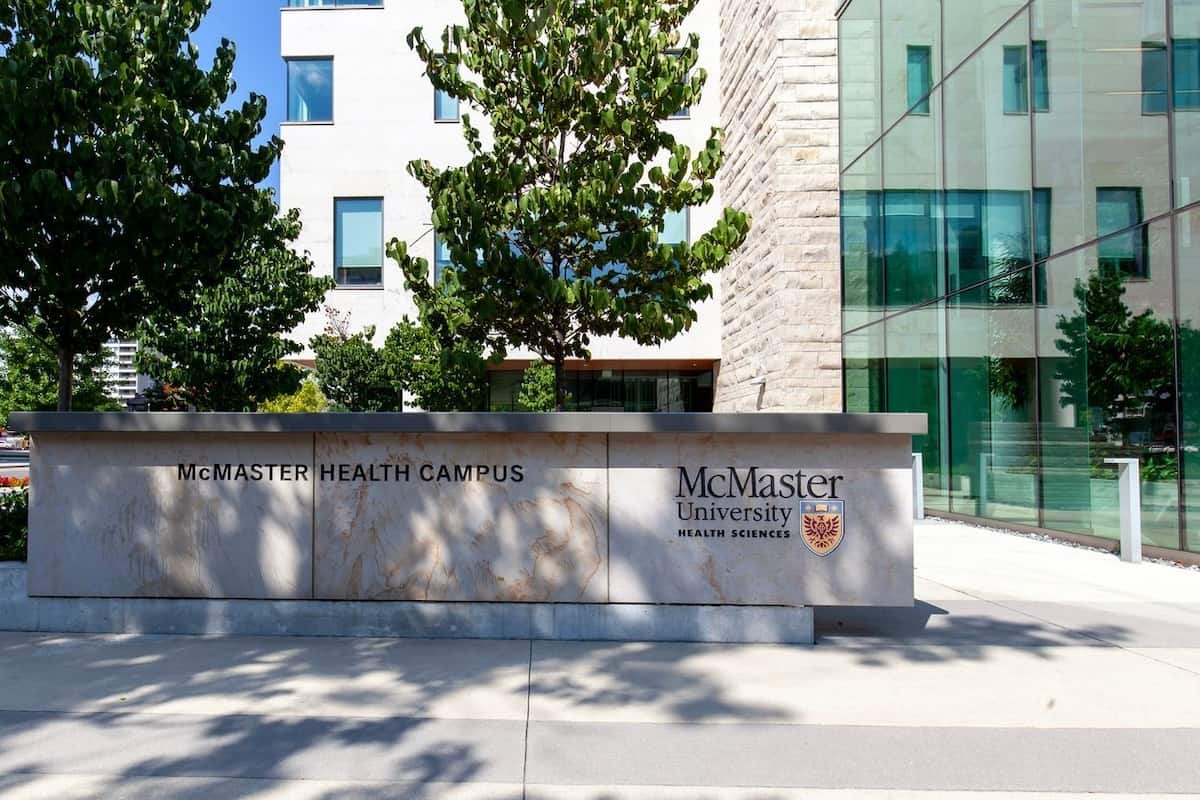Introduction to the New Program for Internationally-Trained Physicians in PEI
In an effort to address the growing demand for healthcare professionals, Prince Edward Island (PEI) has recently launched a new program specifically designed for internationally-trained physicians. This initiative aims to streamline the process for qualified doctors who wish to practice in PEI, thereby enhancing the local healthcare system and ensuring that residents have access to necessary medical services.
Understanding the Program’s Goals
The primary objective of this program is to facilitate the integration of internationally-trained physicians into the PEI healthcare workforce. By doing so, the program seeks to:
This initiative aligns with broader immigration reform news and the ongoing efforts of Canadian provinces to attract skilled immigrants in various fields, including healthcare.
Key Features of the Program
The program introduces several key features that aim to simplify the process for internationally-trained physicians:
1. Streamlined Registration Process
The program will provide a more straightforward registration process for physicians who have completed their training outside of Canada. This includes assistance with the necessary documentation and requirements, making it easier for candidates to begin practicing in PEI.
2. Support Services
Participants in the program will receive support services, including mentorship opportunities and guidance on navigating the Canadian healthcare system. This support is crucial for ensuring that internationally-trained physicians can adapt successfully to their new environment.
3. Collaboration with Regulatory Bodies
The program will work closely with relevant regulatory bodies, such as the College of Physicians and Surgeons of Prince Edward Island, to ensure that all participating physicians meet the required standards of practice.
Benefits for Internationally-Trained Physicians
Internationally-trained physicians can expect a range of benefits from this new initiative:
This aligns with broader immigration trends in Canada, where provinces are increasingly recognizing the value that internationally-trained professionals bring to the economy.
Challenges and Considerations
While the new program is promising, there are challenges that need to be addressed:
1. Recognition of Qualifications
One of the primary challenges for internationally-trained physicians is the recognition of their qualifications. Each province has its own regulations, and navigating these can be complex. The program aims to address this, but ongoing efforts will be necessary to ensure smooth transitions.
2. Cultural Adaptation
Cultural differences can pose challenges for internationally-trained physicians as they adapt to the Canadian healthcare system and societal norms. Providing adequate support during this transition is critical for their success.
The Impact on PEI’s Healthcare System
The introduction of this program is expected to have a significant impact on the healthcare system in PEI. By increasing the number of qualified healthcare providers, the program will help to alleviate pressures on existing facilities and ensure that patients receive timely care.
Additionally, the program reflects a growing trend in immigration policies that prioritize skilled professionals in sectors facing labor shortages. As seen in recent immigration issues across North America, addressing healthcare shortages is a critical component of policy reform.
Conclusion
The new program for internationally-trained physicians in PEI represents a significant step forward in enhancing the province’s healthcare system. By offering streamlined processes, support services, and collaboration with regulatory bodies, the program not only benefits physicians but also the residents of PEI who will ultimately receive better healthcare services.
As immigration news continues to evolve, initiatives such as this serve as a reminder of the importance of integrating skilled professionals into the workforce, thereby contributing to the overall health and vitality of communities across Canada. This program is a shining example of how targeted immigration strategies can address specific labor shortages while supporting economic growth and community well-being.










